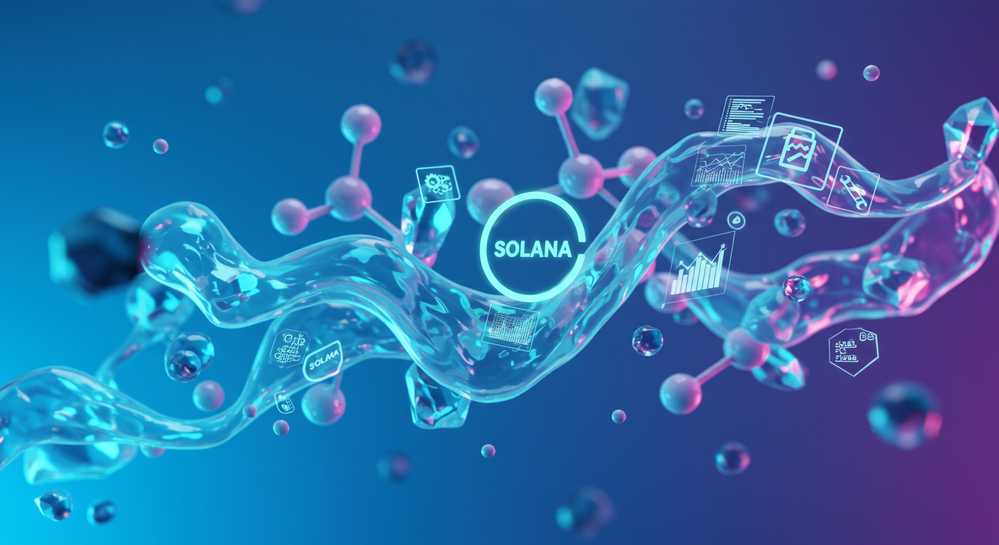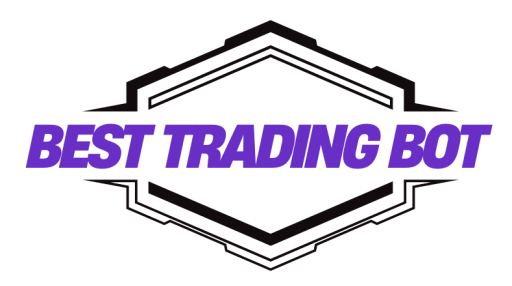The world of blockchain technology is constantly evolving, with new platforms emerging to address the limitations of existing ones. Solana, renowned for its speed and scalability, has garnered significant attention. For anyone looking to build on this robust network or simply understand its technical foundation, a crucial question arises: what is Solana programming language? This guide will explore the primary languages, their roles, and why they are integral to Solana’s architecture.
Contents
The Core Language of Solana Smart Contracts

When asking what is Solana programming language, Rust is the definitive answer. Solana uniquely leverages Rust, a powerful, memory-safe system programming language, instead of a custom one like many other blockchains. This strategic choice underpins Solana’s remarkable transaction throughput and low latency.
Solana smart contracts, or programs, are developed in Rust. They compile into an Executable and Linkable Format (ELF) with Berkeley Packet Filter (BPF) bytecode. The Solana Virtual Machine (SVM) then executes this bytecode. This efficient pipeline is fundamental to Solana’s high-performance architecture.
Why Rust for Solana Smart Contracts?
Utilizing an existing, optimized language like Rust provides clear benefits for Solana smart contract development. Developers often find Rust familiar, accelerating the learning curve. Its low-level control ensures exceptional performance, crucial for Solana’s speed goals. Furthermore, Rust’s robust type system and ownership model significantly enhance security, preventing common vulnerabilities. This makes Rust an ideal language for building secure and scalable applications on the platform, aligning with core Solana terminology.
Why Rust for Solana Development?
Rust’s capabilities align perfectly with Solana’s core philosophy: speed and efficiency. The language’s compile-time guarantees ensure that memory safety issues are caught early, a critical feature for financial applications and decentralized finance (DeFi) protocols where vulnerabilities can lead to significant losses. This focus on safety and performance makes Rust an ideal choice for building complex, high-stakes applications on the Solana blockchain.
Key Advantages of Rust for Solana
Beyond raw performance, Rust offers several distinct advantages for Solana development:
- Concurrency Control: Rust’s ownership and borrowing system helps developers write concurrent code without fear of data races. This is essential for a highly parallelized blockchain like Solana.
- Robust Tooling: A mature ecosystem of tools, including Cargo, Clippy, and Rustfmt, streamlines the development process.
- Community Support: Rust has a vibrant and growing developer community, providing extensive resources and libraries.
The use of Rust also means developers benefit from a language continuously improved and audited by a broad community, unlike niche blockchain-specific languages. This fosters greater trust and innovation in areas like NFT staking opportunities and other DeFi solutions.
Solana’s Unique Runtime Environment: Sealevel and BPF

Understanding what is Solana programming language also requires exploring its unique runtime environment. Solana’s innovative Sealevel parallel processing runtime allows for concurrent execution of thousands of smart contracts. This is achieved by having detailed knowledge of which state each transaction will read or write.
Programs, or smart contracts, on Solana are compiled to Berkeley Packet Filter (BPF) bytecode. This highly optimized instruction set is designed for both efficiency and robust sandboxing. When a Solana program is deployed, it becomes a BPF executable.
BPF Execution on Solana Virtual Machine
The Solana Virtual Machine (SVM) takes this BPF bytecode and executes it within a secure, isolated environment. This architectural choice delivers several critical advantages:
- Efficient Execution: BPF is extremely efficient, enabling the SVM to process transactions at high speeds, a cornerstone of Solana’s performance.
- Sandboxing: Each program runs in a sandboxed environment. This prevents any malicious or faulty code from affecting other parts of the network, enhancing overall system stability.
- Deterministic Behavior: BPF ensures that program execution is deterministic. This means identical inputs will always produce identical outputs, which is crucial for maintaining blockchain consensus and reliability.
This powerful combination of Rust’s capabilities and BPF’s efficiency, orchestrated by the Sealevel runtime, is what gives Solana its distinct performance advantages in the blockchain landscape.
Tools and Frameworks for Solana Development

While Rust forms the foundational answer to what is Solana programming language, developers building on Solana benefit immensely from a rich ecosystem of tools and frameworks. These resources abstract away much of the low-level complexity, allowing developers to concentrate on application logic rather than intricate blockchain mechanics. This streamlined approach accelerates development and fosters innovation.
Essential Solana Development Tools
Several key tools and frameworks are indispensable for efficient Solana development:
- Solana Program Library (SPL): This collection of on-chain programs, maintained by the Solana team, provides common functionalities. It includes vital components like token standards (SPL Tokens), staking mechanisms, and name services, forming the backbone for many decentralized applications.
- Anchor Framework: A widely adopted framework, Anchor offers a convenient and secure method for building Solana programs. It significantly simplifies serialization, deserialization, and client-side interactions, drastically reducing boilerplate code and promoting best practices.
- Solana SDKs: Official Software Development Kits are available for various languages, including TypeScript, Python, and Rust. These SDKs enable client applications to seamlessly interact with the Solana blockchain, facilitating tasks such as sending transactions, querying account data, and listening for events.
By leveraging these robust tools, developers can efficiently create and deploy high-performance decentralized applications on the Solana network. This ecosystem empowers a broader range of projects, further expanding the platform’s capabilities and reach.
Understanding what is Solana programming language is key to appreciating its innovative architecture. The strategic choice of Rust, compiled to BPF bytecode and executed by the Sealevel runtime, underpins Solana’s capacity for high-speed, scalable, and secure decentralized applications. This powerful combination, supported by a growing suite of development tools, continues to attract a vibrant community of builders, solidifying Solana’s position as a leading blockchain platform. Explore more about advanced trading strategies and blockchain insights at Best Trading Bot .
